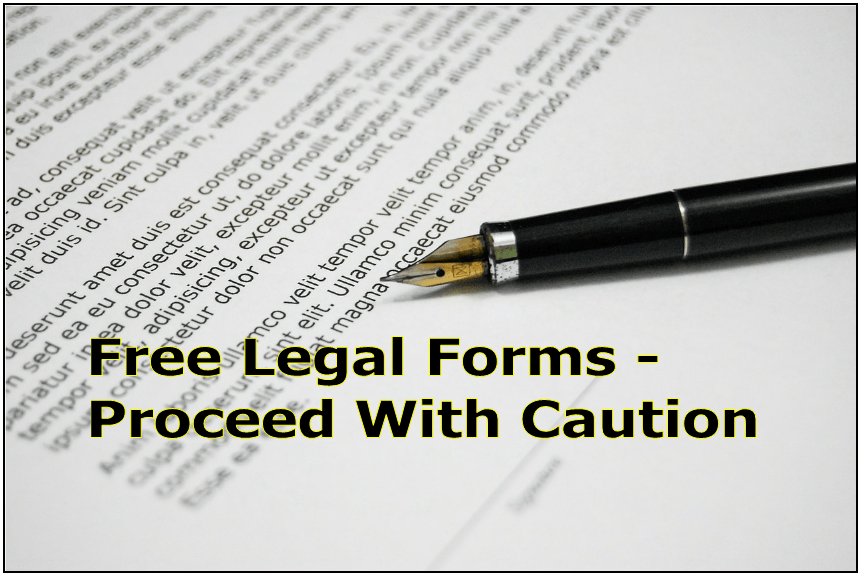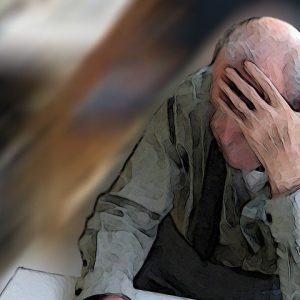
Do-It Yourself and Free Estate Planning Forms…Proceed with Caution
By admin
A quick search of the internet reveals no shortage of Free Power of Attorney Forms, Free Will Forms, and other fill-in-the-blank estate planning documents. With the rampant growth and availability of do-it yourself (DIY) legal market, it is worth taking a moment to evaluate the consumers’ best interest. Specifically with estate planning documents the consumer may be penny wise and dollar foolish.
Many of us have spent most of our lives earning, saving, and planning for the future. Following a lifetime of financial and personal investment in your family’s future, you should be sure your actual intent and desires are accurately represented in your final documents. The costs saved by using DIY forms may be relatively small in money and wholly insignificant when measured against the intended outcome versus the actual outcome.
At issue is how to determine the intent of the deceased when life doesn’t go as planned, as is often the case. Recently, the Florida Supreme Court was asked to weigh in on this very issue regarding Ann Aldrich’s estate. Aldrich used a DIY legal form to create a last will and testament. She believed she properly left everything to her sister, Mary. Aldrich v. Basile, SC11-2147 (Fla. 2014).
In her will she left all of her estate to her sister, Mary, and listed her home, home contents, IRA, life insurance, automobile, and the accounts in her bank. Aldrich further instructed that if Mary passed away first, then everything listed should go to her brother, James.
As life would have it, Mary passed away first and left some money and land to Aldrich. Following this new inheritance, Aldrich wrote another note with one witness, “Just a Note” to put with her first will stating, “all my worldly possessions pass to my brother James.”
Nearly six years later, Aldrich passed away. Up to this point, most would agree that Aldrich wanted everything she has to go to her brother, James, since Mary has passed away. Had she had an attorney, the intent expressed to this point likely would have been honored. When we pass, all that remains to express our last wishes are the documents we leave behind.
When James tried to have the courts honor Aldrich’s DIY self-prepared will, two nieces from a different deceased brother claimed that Aldrich’s will did not properly leave the money and land inherited from Mary to James. This issue would be contested all the way to the Florida Supreme Court.
The nieces argued that the money and land were not properly disposed of in the will. This argument was supported by the lack of a general devise or residuary clause in the will and the improper execution of the note with one witness.
In the end, the Court sided with the nieces. The Court determined that Aldrich intended to leave only the listed property to her brother and not the land or money left by Mary. Absent a general devise, residuary clause, or specifically leaving the challenged assets as Aldrich did, her other property, the land, and the money in question, were not covered by the will.
In Aldrich, the Court also reiterated that it is well established that the intent of the testator controls when construing a will. Further, intent of the testator should be determined within the four corners of the document absent ambiguity. All of the issues discussed by the Court as to why the nieces are entitled to inherit would have easily been addressed by an attorney had Aldrich sought legal advice when preparing her will.
Meeting with an attorney to discuss in detail your testamentary intent is perhaps the most valuable piece of the estate planning process. Your lawyer listens to your wishes, asks necessary questions to fill in the gaps, and creates a plan to best execute your desires. Your attorney also makes sure the documents are validly executed and accurately reflect your final wishes.
Cost savings are the number one reason consumers seek DIY services. However, once the consumer weighs the potential for mistake, burden on loved ones, and the possibility that their last wishes may not be honored, the services of an estate planning attorney are likely worth the investment.




